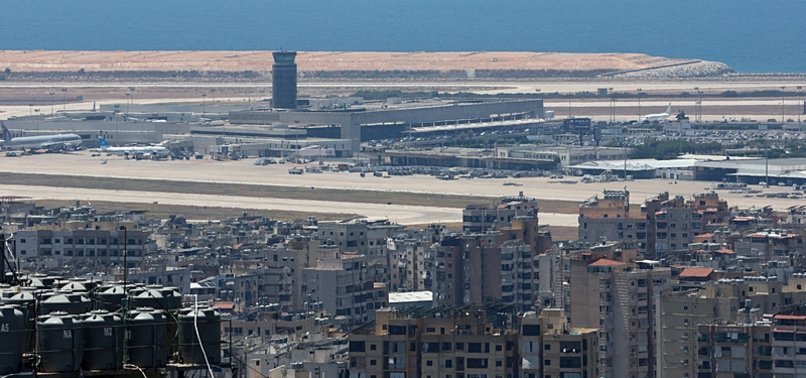
The Lebanese national carrier has significantly reduced its flights, impacting the travel plans of many passengers. Additionally, multiple airlines, including Lufthansa, SwissAir, and Eurowings, have suspended services to and from Beirut until at least the end of the month. This development comes in response to advisories from various countries, including the United States, urging their citizens to avoid traveling to Lebanon and encouraging those already there to leave.
The heightened state of alert follows a series of aggressive actions by Hezbollah, including rocket, missile, and explosive drone attacks on northern Israeli communities. In preparation for potential conflict, Israeli hospitals in the northern region have begun transferring patients to facilities further south. Haifa’s Rambam Medical Center, for instance, has converted its underground parking lot into an emergency medical center, complete with operating rooms and triage areas, to handle any surge in casualties.
The Lebanese government and international observers have expressed grave concerns about the potential for a full-scale war. Egypt, for example, has called for immediate international intervention to prevent further escalation, emphasizing the need to support Lebanon and avoid catastrophic consequences for the region.
As tensions continue to rise, the international community watches closely, hoping to mitigate the conflict's impact and prevent a broader regional crisis.
